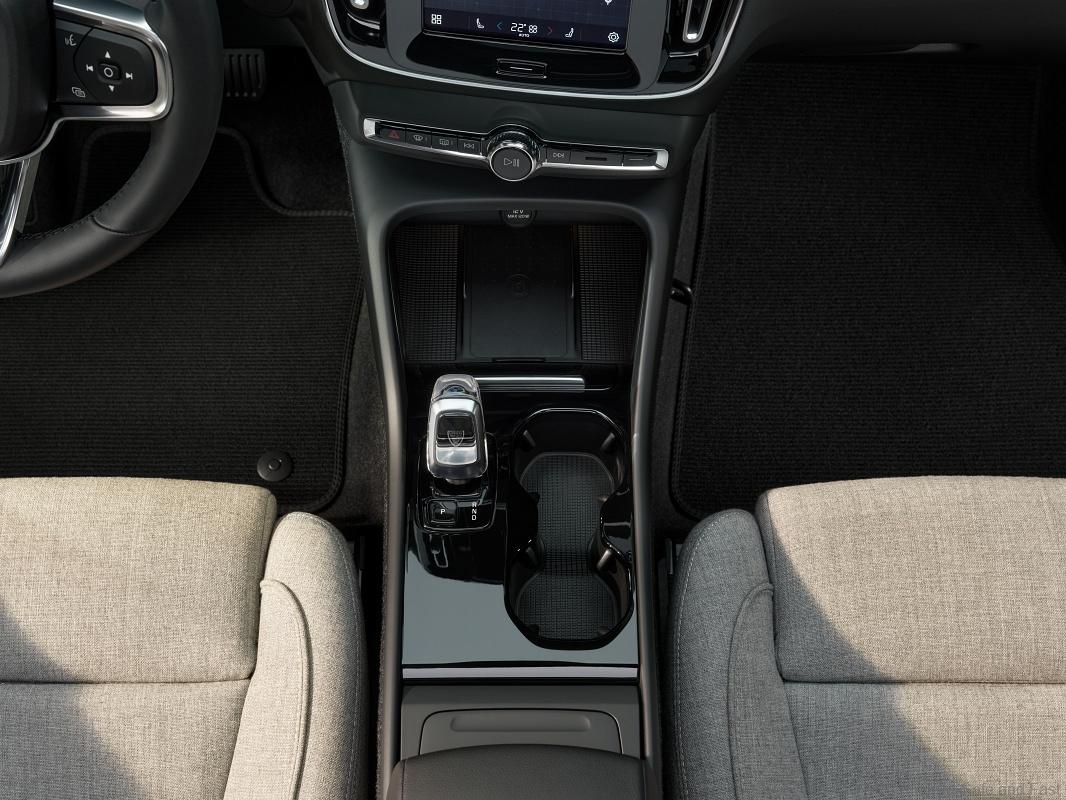Volvo Cars Announces It Will End Production Of Diesel Cars In 2024
With this, it seems Volvo is well on the way to going fully electric very soon
By 2030, Volvo Cars aims to sell only fully electric vehicles (EVs) and plans to be a climate neutral company by 2040. That clear roadmap towards all-out electrification represents one of the most ambitious transformation plans of any legacy car maker. Now the brand takes the first step in this direction.



To underline their commitment to those ambitions, Volvo announces the end of production of all diesel-powered Volvo Car models by early 2024 at Climate Week NYC. Yes, you read that right, Volvo is officially ending production of diesel vehicles entirely by 2024.
Moreover, in a mere few months from now, the last diesel-powered Volvo car will have been built, making the Swedish automaker one of the first legacy carmakers to take this step. This milestone follows the brand’s decision to exit the development of new combustion engines.



In November 2022, the company sold its stake in Aurobay, the joint venture company that harboured all its remaining combustion engine assets. The company has not since invested any portion of its R&D budget on developing new internal combustion engines.
Volvo Cars is also going all in on electrification, a continuous ambition for sustainability since the company first acknowledged at the United Nations’ first Environment Conference in Stockholm in 1972 that its products had a negative environmental impact and that it was determined to act on it.



On top of that, the recent Global Climate Stocktake report issued by the United Nations underlined the urgency of the climate emergency faced by humanity, as well as the need for action. The majority of Volvo cars sold in Europe in 2019 were diesel powered and electrified models were only just beginning to make their mark.
The decision to completely phase out diesels by early 2024 illustrates how rapidly both the car industry and customer demand are changing in the face of the climate crisis. Only four years ago, the diesel engine was the brand’s bread and butter in Europe, as was the case for most other car makers but now, that is no longer the case.



Driven by changing market demand, tighter emission regulations as well as the Volvo car brand’s focus on electrification has led to this. The majority of the brand’s sales in Europe now consists of electrified cars, with either a fully electric or plug-in hybrid powertrain.

Less diesel cars on the streets also have a positive effect on urban air quality, while diesels emit less CO2 than petrol engines, they emit more gases such as nitrogen oxide (NOx) that have an adverse effect on air quality especially in built-up areas. What do you guys think about this?